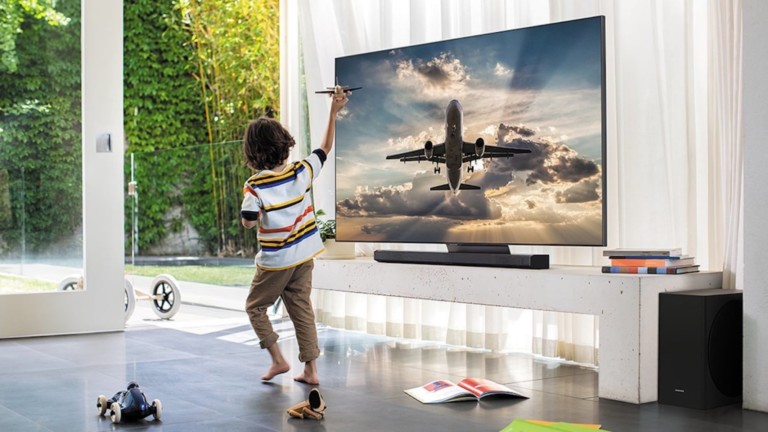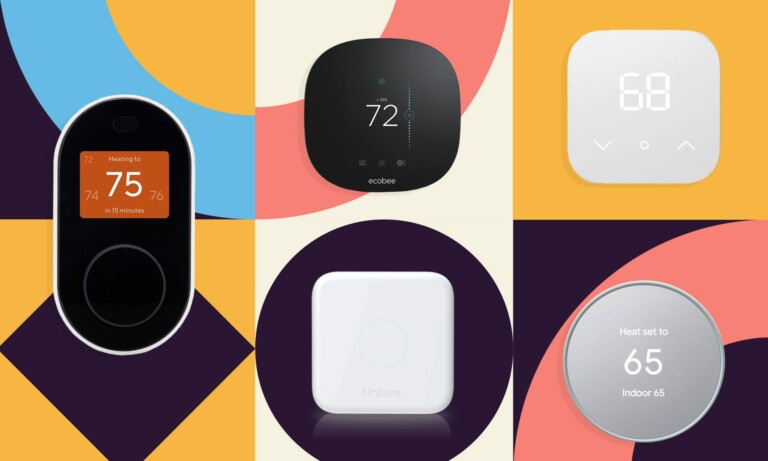Google Tensor G3 chip is the pathbreaking AI brain behind the Pixel lineup
Introducing Google's Tensor G3 chip, a groundbreaking leap in on-device machine learning and AI capabilities. Designed to power the Pixel 8 and Pixel 8 Pro, this third-generation chip elevates user experiences through enhanced voice clarity, AI-driven speech recognition, advanced camera performance, and fortified privacy measures, all while optimizing efficiency.

Google launched their 2023 Pixel lineup today with the Tensor G3 chip. This included the new Google Pixel 8 and 8 Pro along with the Google Pixel Watch 2. One of the major advancements that this lineup has seen is in the way the company has introduced AI within their smartphone devices and wearables.
Related: Check out our exclusive Made by Google brand page.
Google AI promises groundbreaking improvements and the reason behind that lies in the Google Tensor G3 chip. The AI promises to be in the center of every device that not only aims to make your life easier around mobile devices but also effortless at the same time. As easy as asking someone to handle your spam calls!

So, what is this G3 chip all about and what differences will it bring to on-device machine learning. Let’s take a look:
Enhanced On-Device AI
Tensor G3 pushes the boundaries of on-device machine learning, with substantial upgrades in key subsystems, including ARM CPUs, GPU, ISP, Imaging DSP, and a next-gen TPU, all designed to run Google’s AI models more efficiently.
Expanded Machine Learning
Compared to its predecessor on Pixel 6, Tensor G3 enables over twice as many on-device machine learning models, resulting in sophisticated AI enhancements across various aspects of the user experience.
Generative AI Growth
With the rise of generative AI and collaboration with Google DeepMind, Tensor G3’s efficient architecture opens doors to complex on-device generative AI applications, surpassing the complexity of previous models by 150 times.
Speech and Language Improvements
Tensor G3 enhances speech and natural language understanding, allowing effortless interactions with Google Assistant, accommodating varied speech paces, pauses, and um’s. It leverages state-of-the-art speech recognition and advanced natural language understanding.
Text-to-Speech Innovation
Pixel 8 becomes the first phone to utilize Google’s data center-grade text-to-speech model, enabling web page reading and translation into different languages.
Enhanced Camera Performance
Tensor G3 optimizes the camera pipeline and embeds machine learning algorithms in the silicon, improving Live-HDR with higher detail, enhanced colors, contrast, and dynamic range in videos. New camera sensors, machine learning models, and software provide superior video experiences with reduced power consumption.
Computational Photography
Tensor G3 introduces innovations like an updated Magic Eraser for removing larger distractions in photos using on-device models. This includes advanced techniques like generative AI-based inpainting.
Additional Photo and Video Capabilities
Pixel 8 and Pixel 8 Pro benefit from Tensor G3 with features like Best Take, which combines multiple images using advanced on-device machine learning models, and Audio Magic Eraser, reducing unwanted sounds in videos.
Enhanced Privacy and Security
Tensor G3 reinforces Google’s commitment to user privacy and security. It includes the Tensor security core and collaborates with the Titan M2 security chip, making Pixel even more resilient against advanced attacks.
Stronger Face Unlock
Tensor G3 enhances Face Unlock to meet the highest Android biometric class standards, allowing its use for secure sign-ins in banking apps and payment applications like Google Wallet.

Overall Efficiency
Tensor G3 represents a holistic improvement, enhancing performance while running more efficiently throughout the system-on-a-chip (SOC), leading to better battery life and an improved user experience.
Focus on Mobile Computing
Google’s focus with Tensor G3 is not solely on traditional performance metrics but on advancing the mobile computing experience by embedding AI and machine learning into every aspect of the Pixel user experience.

With that said, we can’t wait to dive into the new Google Pixel lineup and see how it can stand out with its polished look and advanced camera features. What are your thoughts on the new Pixel lineup? Share with us in the comments below.
















